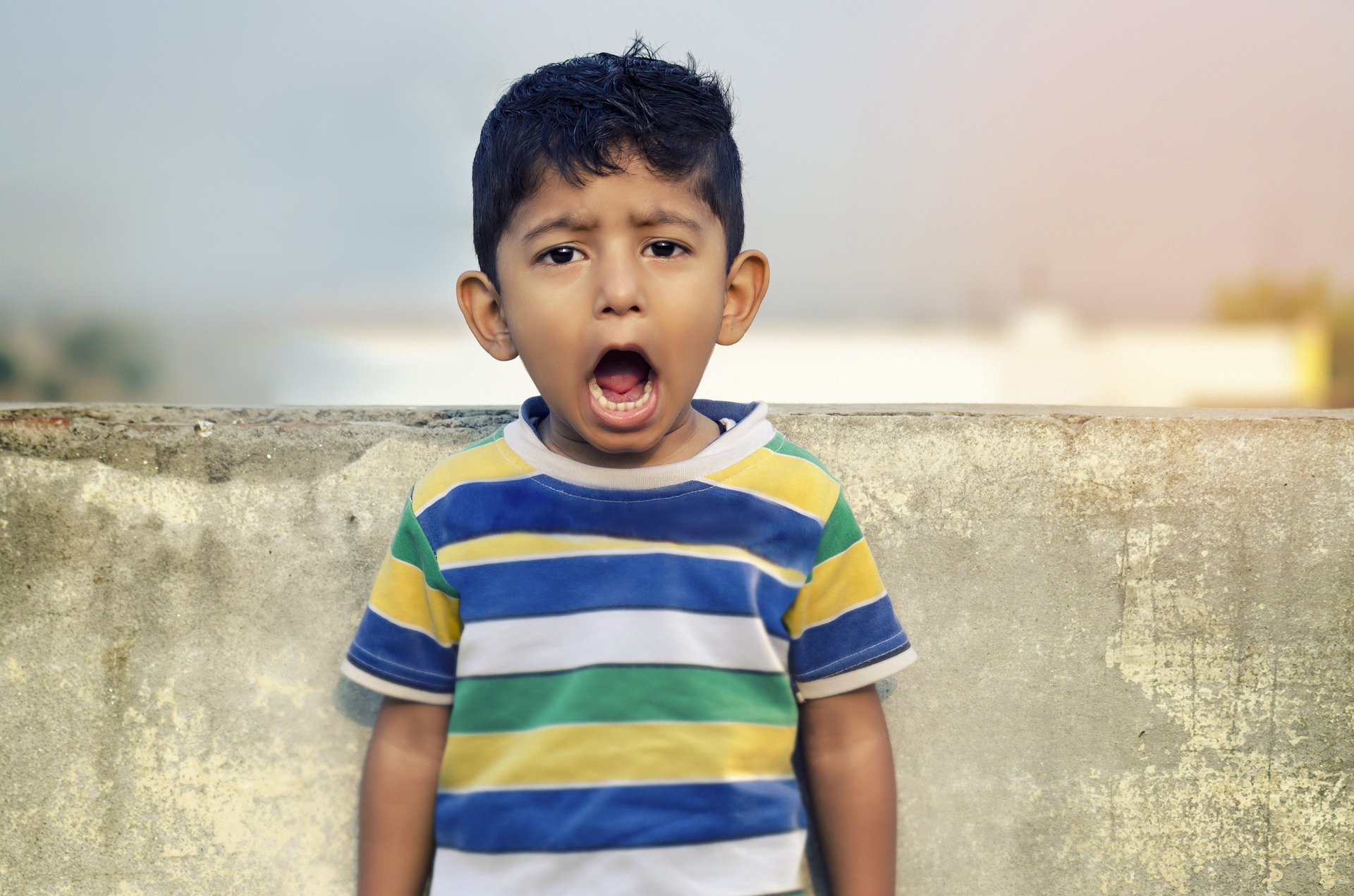Getting the right support for our children is key if we want them to thrive and reach for the stars. However, accessing the right support for adopted children is often a difficult and lengthy process.
To help us all find the support we need, I’m going to publish some articles which highlight resources available for some of the issues children who’ve experienced early life trauma sometimes experience. The first of these articles is written by the brilliant Ali who is the mum behind @thefizzykids Ali’s created some great resources which she shares on her website and via her Podcast and newsletter.
In this article, she shares the journey her family have been on which has resulted in them learning a new parenting language to support their children. Ali’s writing a book about their experience. You’ll find details of where to buy some of the chapters in the article.

Change your language, and you change your thoughts (Karl Albrecht)
Like many people who have been through a tough time, there was something compelling about taking pen to paper and starting to write it all down. Way back in time (like, January 2020….well that feels like way back in time with everything that has happened doesn’t it?!), I started writing a book called ‘Don’t Calm Down’ to try and bring together my family’s story and everything we’d learnt about living with and loving traumatised kids with learning difficulties.
It started messily – just a download of feelings and incidents pouring out onto the page. There wasn’t much about why we adopted, or the adoption process or those first magical moments we captured on camera and in our hearts. If I’m honest, it was all about the years after that which appeared quite unexpectedly; the years of some really dark days as we started to grasp the full reality of helping our children through their trauma and beginning to understand and accept the challenges our children would face in everyday life because of their special needs.
It was raw, it was honest, but that made it incredibly cathartic. Within eight weeks I’d written 40,000 words. When I stopped to re-read it I was a little shocked. How could I have not thought that we would have to deal with some of this stuff?
We’d spent a year being grilled by social workers in order to be ‘deemed fit’ as adopters; we’d been on all those courses that show you photos of kid’s brains who have been traumatised; we’d read all the books; we’d connected with other adopters. And yet somehow, all of that got lost in the first few busy years of life with babies and toddlers when you’re focused on the next feed and nap.
And of course, when they were tiny, they couldn’t talk back! They couldn’t tell us how they were really feeling! They were probably in ‘freeze’ mode that the experts talk about – frozen in time at the point of going into foster care or adoption and simply hiding those enormous experiences and emotions that go with them.
A new parenting language
During those difficult years, we went on an amazing journey that crafted a new set of parenting skills as we re-learned to be the parents our kids needed us to be. Our breakthrough moment came as we realised we needed to learn a new parenting language. One that spoke to the trauma, the anger, the grief; not one that shamed or judged or shouted.
And so I refined the book to focus not on the bad days, but on what we’d learnt as a result of the bad days. I did this in the hope it may help just one other person or family to have one better day in the midst of chaos, meltdowns, traumatic outpourings or self-esteem issues.
Like many optimistic writers, I would love to see the full book published someday! Until then, I have turned it into chapters that will help parents of kids with higher emotional or special needs, understand why a new parenting language and approach may be effective. There are also specific chapters on How to Talk to the Angry Child and How to Talk to the Anxious Child.
All chapters can be downloaded on our website: Book – Fizzy Kids and the Introduction is free. I hope to add more chapters over time on language to prevent shaming a child and how to talk to a rude and hyperactive child.
Changing our language really did change the way we viewed our kids’ big feelings and resulting big behaviours and also helped us stay regulated in the face of those very fizzy moments.
You can read more about Ali’s journey in this interview and in this article about The Fizzy Kids Podcast.



